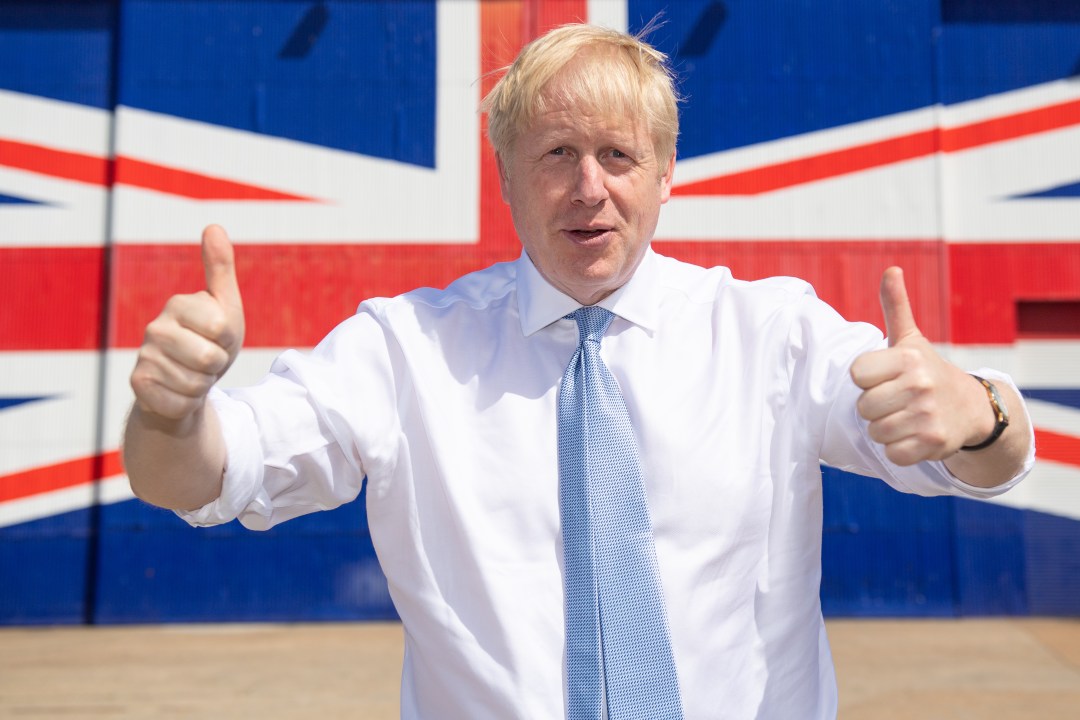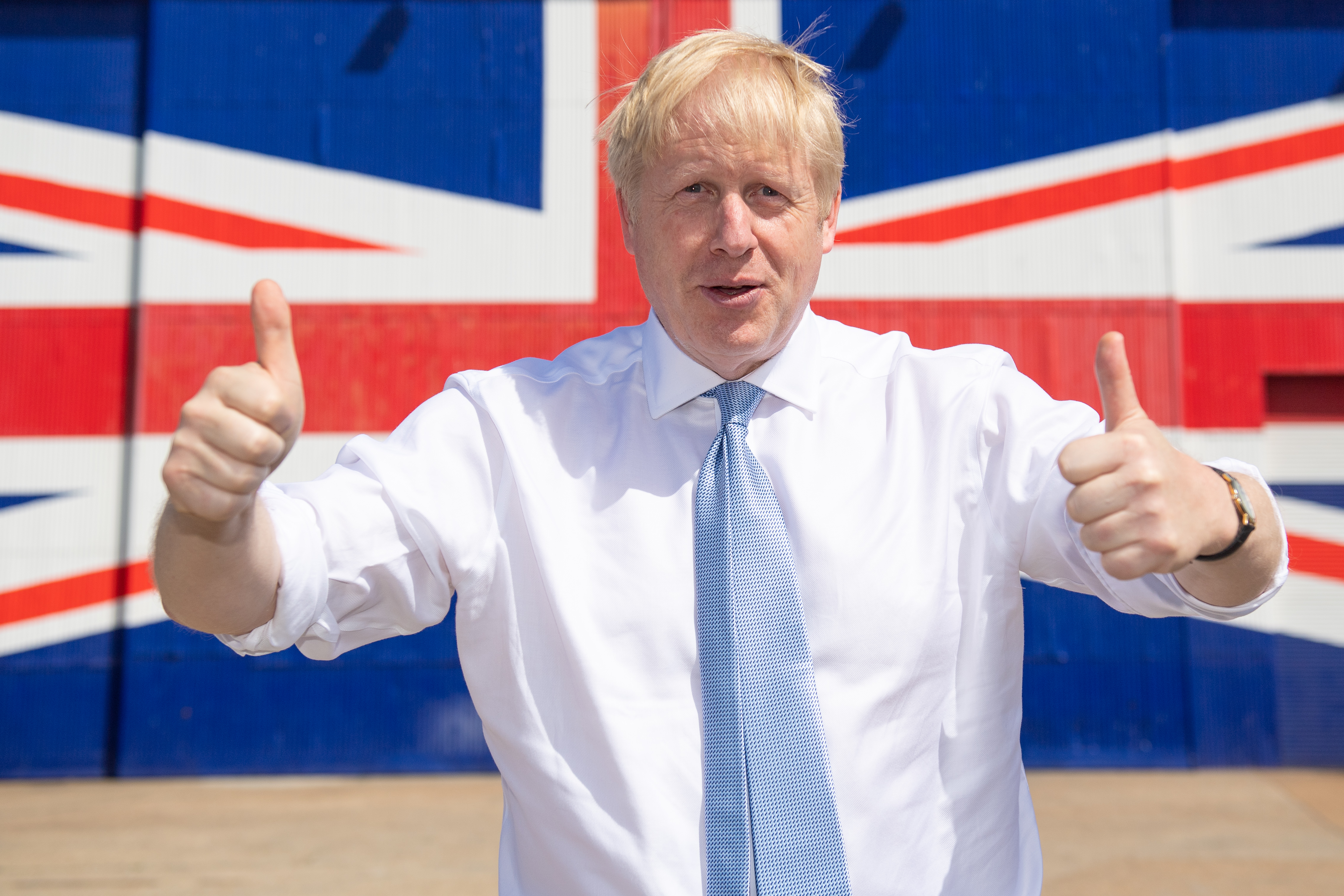It has been pointed out before that the SNP and the Scottish Conservatives have something of a symbiotic relationship. Bitterly opposed as they are on the constitutional question, they nonetheless share an electoral interest in keeping that question front and centre.
This explains the otherwise baffling (to put it politely) decision by the Tories to put the nationalists’ central election message – that an SNP majority means another referendum – at the top of their own election materials. This is contrary to government policy; indeed, contrary to Conservative Party policy.
Boris Johnson has said that he will not grant the Section 30 order necessary for the Scottish government to hold another referendum. He is entirely within his rights to do this and right to do so. There are many strong practical and moral arguments against allowing a swift re-run of 2014.
But perhaps I was too hard on the Scottish Tories. Reading the comments from ‘senior ministers’ in yesterday’s Sunday Times, it’s not difficult to see why Unionists might find it tricky to run on a strategy built on the idea that the government is a reliable bastion for the Union.
It’s not difficult to see why Unionists might find it tricky to run on a strategy built on the idea that the government is a reliable bastion for the Union
Where to start? First, there are apparently those in Whitehall determined to do Alex Salmond’s work for him and lend credence to the idea that a separatist ‘supermajority’ at Holyrood – gained entirely by gaming a badly designed electoral system – would lend moral force to its demands for a second independence referendum.
Even the SNP knows better than that, which is why you will note that Nicola Sturgeon’s party has exhibited no enthusiasm for Alba or its grand plan. If the nationalists collude to disenfranchise pro-UK voters, that actually gives the Prime Minister a more legitimate claim to represent those voters himself – his being, after all, their government too.
The existence of a handful of polls suggesting voters think a supermajority would have a stronger mandate must be set against both polling that shows independence is a top priority for fewer than one in five Scots and politicians’ duty to show a scintilla of actual leadership once in a while.
Remarkably, that is not even the worst position confessed to Tim Shipman. That prize goes to this:
Senior Tories, including cabinet ministers, believe this position will be difficult to sustain, and that Johnson would be better off forcing a vote amid pandemic job losses and economic turmoil to emphasise the downsides of Scotland going it alone. One senior minister said: ‘I don’t see how we keep saying no forever. The time to do it would be in the middle of economic chaos, not when it’s all looking rosy.’
Here is your starter for ten: when is the best time to hold a referendum defending the status quo? Is it when the status quo is ‘pandemic job losses and economic turmoil’? Or is it after you’ve had the opportunity to use the power of the British state to turn things around and the status quo is visibly working? No conferring.
Actually, the idea of threatening to incite small EU nations to leave if Brussels doesn’t bar the door to an independent Scotland might be worse, but it’s just too hard to take seriously. Unionists’ actual EU angles come from the bloc’s commitment to legal processes and those members facing their own separatist challenges.
When the Prime Minister dissolved the Union Unit following the sudden departure of Oliver Lewis, the government took pains to assure us that Union policy was in good hands. Johnson was personally chairing a high-powered committee!
But the problem is that such a setup doesn’t actually have a single individual working full-time on the question. Having the Prime Minister in charge is symbolically useful but he’s a busy man, and there’s a pandemic on. Jacob Rees-Mogg objected when I compared it to the Tsar taking personal command of the Russian army in world war one, but I’ve yet to be dissuaded of the parallel.
However those internal arrangements are working, someone needs to get a grip and stop people who presumably have other responsibilities from freelancing so embarrassingly on Union policy.
The Prime Minister should convene the cabinet and drill home at least one simple point: that he can and will refuse to grant another referendum in this parliament, because it is his both constitutional right and his moral duty. That there is no case for conceding a referendum in unfavourable conditions on the spurious tactical grounds that you might lose it even more badly later.
Unless, that is, you’re more concerned about something ‘not being a good look’ than in the survival of the United Kingdom. In which case, leave the cabinet.







Comments